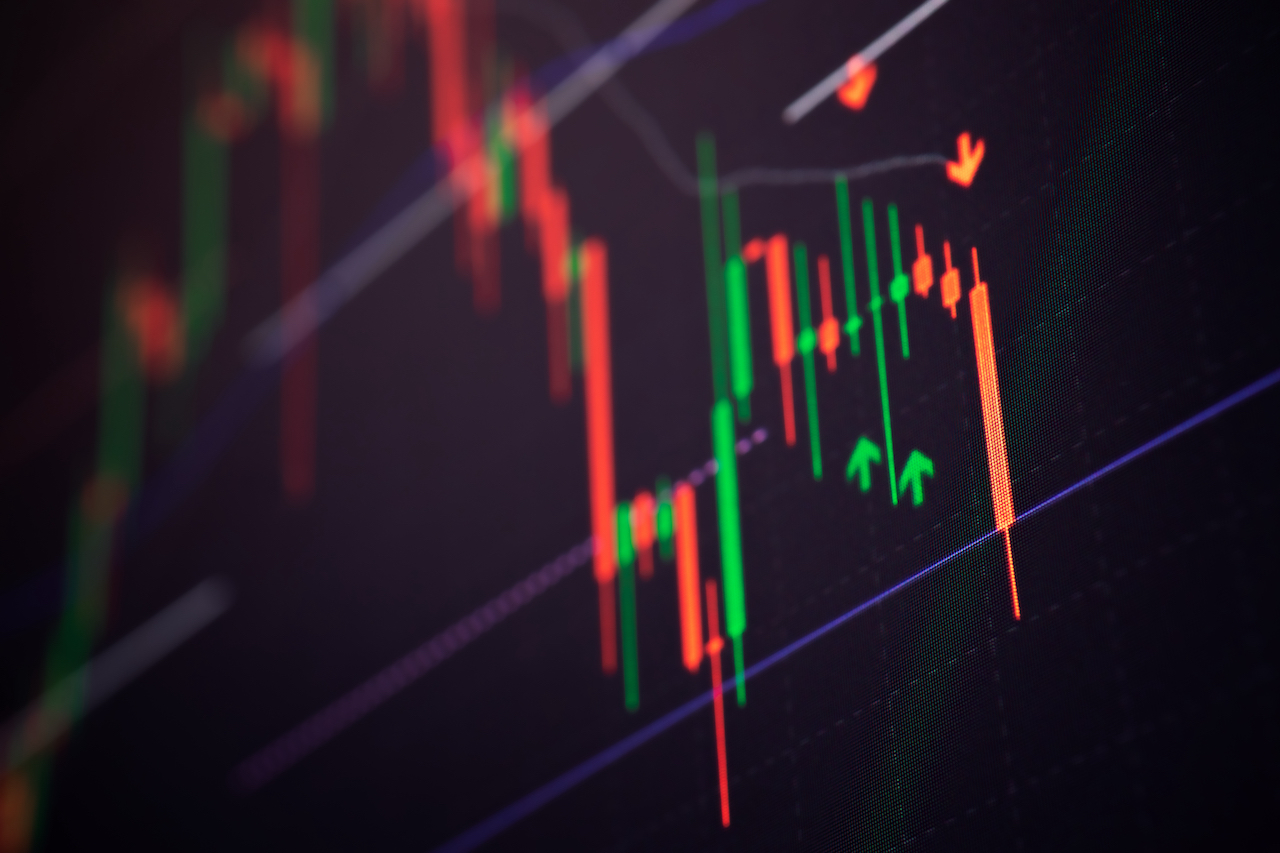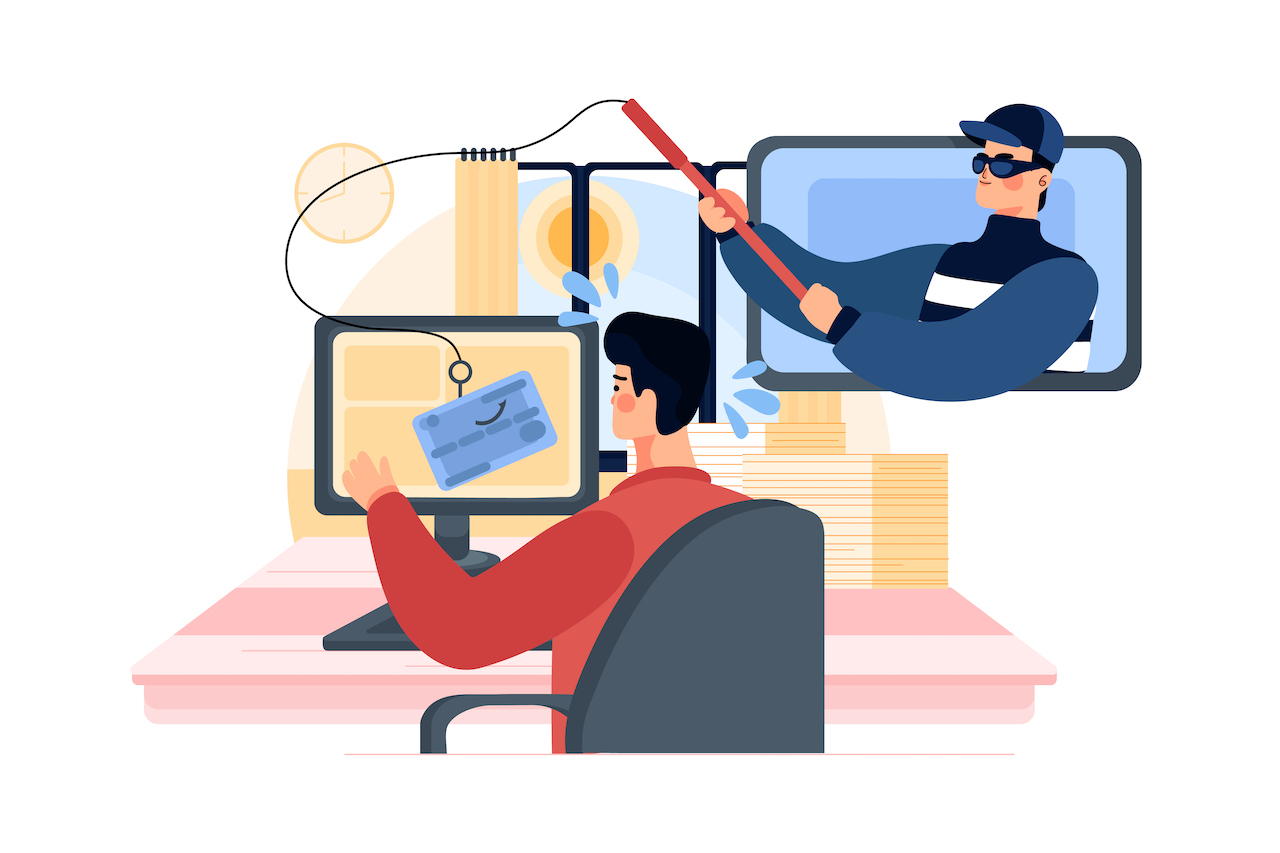Is the Value of Data Worth More to Society Than the Quality of True Privacy? (Part I.)

Some say God is in the details, while others choose to exchange and insert the word Devil in that same phrase. One thing is certain, in the world of cyber, those "little" details, or what we identify as Data, is the "fuel" that keeps the world of technology powerhouse operating, and it does not come cheap.
In part one of this article, we will discuss the use of Data in general by big corporations and how they operate to obtain our PII (Personally Identifiable Information), our part in this process, and how valuable and vulnerable is our health Data.
Every significant corporation relies on our Data when building its business model. We all come across approval requests for sharing our Data as a primary term when joining Apps and websites, especially ones offering us free services. We usually see it as a standard requirement for using the app/web without grasping that approval's deeper meaning, when in fact, our personal information is used for making money. By collecting our personal Data, the corporations are analyzing us, learning our interests and likes, and sell those statistics and knowledge to the right companies targeting us with their marketing campaigns and advertisements.
And what we conceive as random is a well-oiled machine, hunting us through the net, making profits.
Although this methodology is not new, people are starting to be more cautious about their privacy, showing more resistance to this business strategy—the proof for that we can find in the latest backlash against WhatsApp's new privacy policy. They required users to agree by February 8 to their new Data sharing policy regarding sharing Data from business conversations with Facebook as a term for keep using WhatsApp.
This new policy generated massive criticism about the App and created a lot of concern among users worldwide about privacy invasion. The media mentioned that many WhatsApp users are planning to turn into rival Apps if this privacy policy remains mandatory.
In an article published by CNN Business concerning the new WhatsApp policy, they elaborated about the meaning of the new policy, quoting a WhatsApp spokesperson in a statement saying "the company remains deeply committed to protecting people's privacy". This global criticism made WhatsApp delay their new policy, forcing them to clarify it further.
So, what are we permitting when clicking on the "agree" button regarding our Data, why do they need it, and why is it worth so much?
Well, while we view it as a simple requirement, behind that "minor" agreement stands an industry of experts studying and analyzing our Data, that with our approval, learns how to engineer our consciousness. Understanding our mind is not an easy task, but companies know what will stimulate us and our willingness to pay once getting there.
In the world of IT, there are two approaches concerning the value of PII (Personally identifiable information). The first one deals with the number of people willingly ready to sell their PII. In contrast, the second approach values the PII by the cost of estimating the damage and recovery cost of security incidents. This approach is much more common in IT.
While the business world has its interest in personal Data, the Data's value is not mainly defined under one give and take pricing plan. For instance, if we take a mega-corporation like Amazon, although their Data is undoubtedly valuable to different functions, it is more useful to Amazon itself as a company that optimizes its performance knowing it can't sell without "knowing the audience."
Regardless, Medical Data is crucial for broader research. It is used to understand diseases and different health conditions better, improve healthcare, and change what's needed. It's highly valuable mainly because of the damage it may result from a security breach.
Medical Data often holds all of the individual's private identification, making it much more valuable and targeted to cyberattacks.
On November 11, 2019, the Wall Street Journal published an article about Google collecting millions of Americans' Personal Health Data. The Data included lab results, individual diagnoses, hospitalization records, health history, patient names, and birth dates. This personal Data was exposed to approximately 150 Google employees without allegedly informing the doctors and patients.
Google said that they collected the Data for Ascension, non-profit health systems for analyzing patients' Data and supply the health care providers more advanced knowledge and new care methods for patients. But does the end justify the means?
In part two of this article, we will discuss the risk these Data collectors expose us in a matter of a breach, the strategies cybersecurity takes to protect our personal information, and the rising awareness of individuals concerning the value of their privacy.


